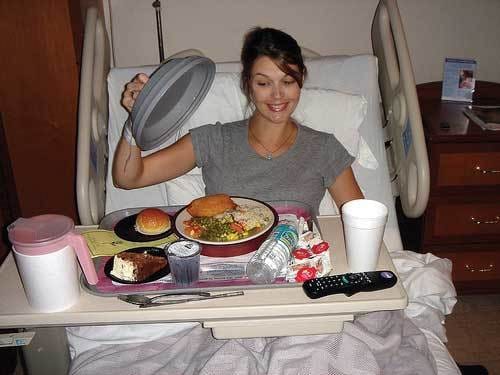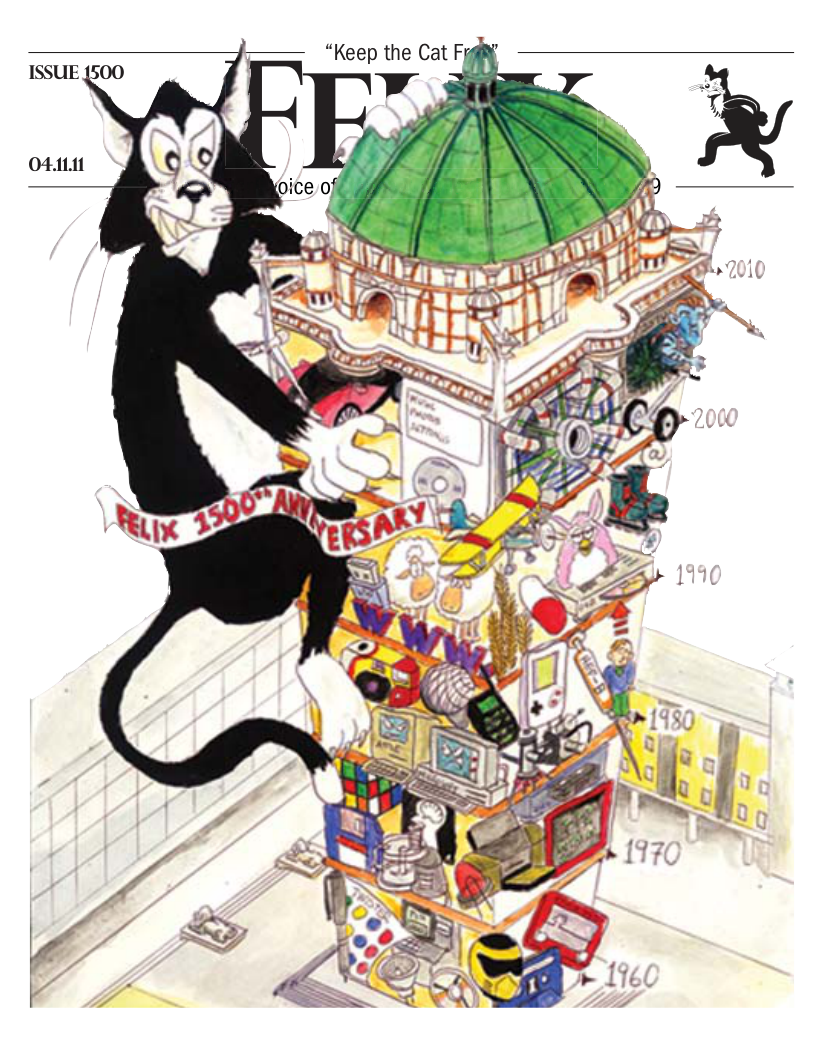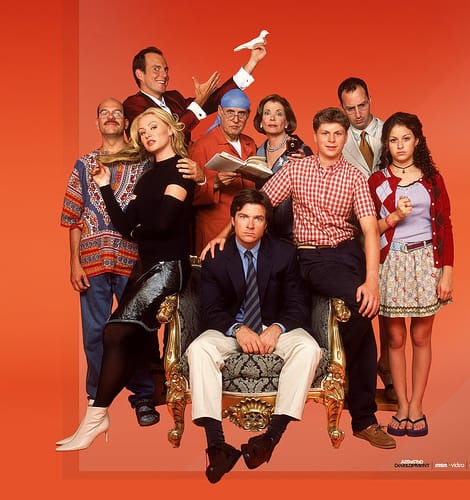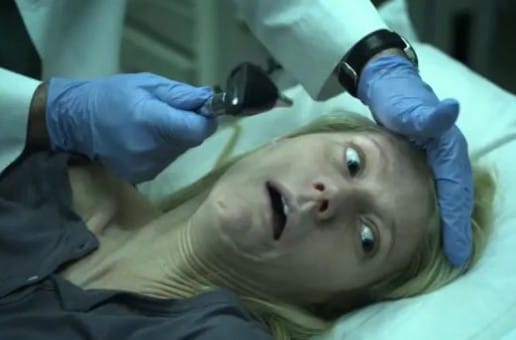The Food Hospital is better than hospital food
Channel 4 mix science and not in a delicious documentary

Channel 4’s latest culinary offering is a scientific blend of classics such as don’t-watch-it-with-your-parents Embarrassing Bodies and Supersize vs Superskinny. All three programmes feature C4’s basic ingredients of Grand Design-esque houses and arty long shots, grisly bodily close ups when you least expect them and celebrity doctors who seem to spend far too much time on TV and no time on the skiing holidays my GP frequently enjoys.
Where The Food Hospital differs is that its scientific content is (on the whole) well researched, rational and unsensational. While the makers of the programme did use the phrase ‘food as medicine’ perhaps a few too many times for my liking – you wonder how many viewers with the not uncommon diseases featured will now recklessly, if optimistically, throw out their medication and start stuffing their faces with vegetables and food replacement shakes, there were a lot of good messages and sensible science put across.
Most pertinent was the scene in which a breast cancer sufferer was offered advice on the recent changes she had made to her diet in the hope of preventing her cancer recurring. Perhaps Channel 4 have been rebuked over the advice given in the past by ‘Dr’ Gillian McKeith, but they managed to sensitively handle the emotive issue of breast cancer and also firmly remind viewers that ‘We can’t cure cancer with food. We can’t.’ A number of subtly-inserted phrases such as ‘best evidence suggests’ were not used as caveats but instead as reasoning behind the opinions the panel of experts suggested, while a series-long randomized trial involving viewers gives the promise of an insight into a ‘real’ scientific study.
Following the public response to the programme via the ever-ubiquitous Twitter hashtag revealed a mainly positive viewer response, with many Tweeters were praising the considered opinions and calm tone of the hour-long programme, while others seemed disappointed that food wasn’t actually a replacement for conventional medicine.
Apart from the visual impact of diabetic phimosis in high defenition (I wouldn’t Google it), my only grievance with The Food Hospital was the clunkily engineered happy ending, involving a doctor using a small child’s drawings as a rudimentary pain scale. While ‘more research is needed’ is a forbidden phrase in the publishing world, I would definitely like to see the results of these nutritional remedies over a longer time period. I’d also like to see if The Food Hospital keeps up the good work in terms of sensible non-senationalist science broadcasting.









